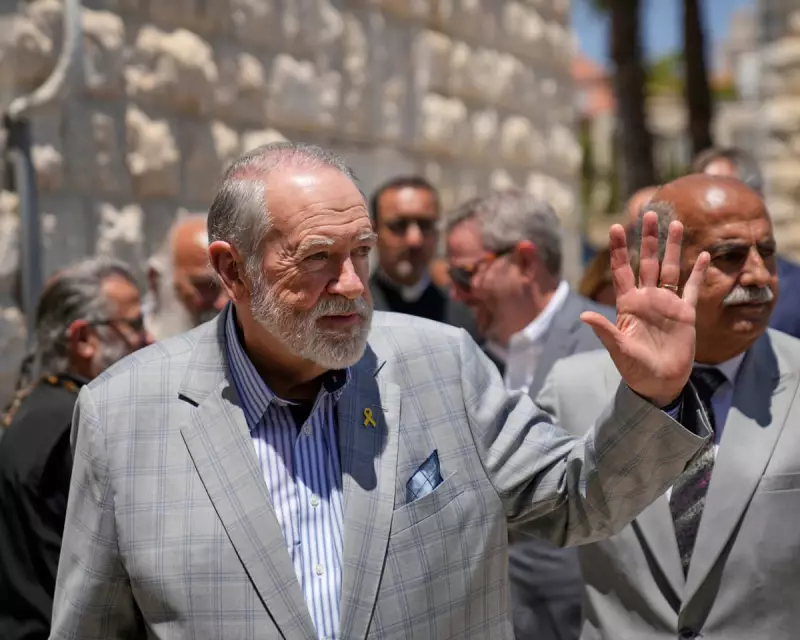
Significant doubts are emerging from Washington about the United Kingdom's ability to play a constructive role in brokering a lasting peace settlement for Gaza, according to recent statements from prominent US figures.
Growing American Skepticism
Multiple senior US officials and influential political voices have expressed concerns about Britain's current capacity to contribute effectively to Middle East peace negotiations. This skepticism represents a notable shift in the traditionally close diplomatic partnership between the two nations.
The reservations appear to stem from several factors, including questions about the UK's political stability and its diminishing influence in international affairs following recent global events.
Diplomatic Implications
This public questioning of Britain's role marks a significant development in international diplomacy. The United Kingdom has historically positioned itself as a key player in Middle Eastern affairs, but these recent comments suggest that perception may be changing among its closest allies.
The situation raises important questions about the future of UK-US cooperation on global security matters and whether this represents a temporary disagreement or a more fundamental realignment of the special relationship.
Regional Consequences
As peace efforts continue to evolve, the exclusion or marginalisation of the UK from significant diplomatic initiatives could alter the dynamics of international mediation in the region. This development comes at a critical juncture in ongoing negotiations concerning Gaza's future governance and reconstruction.
Observers note that the public nature of these doubts may complicate already delicate diplomatic efforts and potentially create new challenges for achieving consensus among international stakeholders.
The emerging divide highlights the complex interplay of international relationships in addressing one of the world's most intractable conflicts, with potential implications for future peace initiatives throughout the Middle East.





